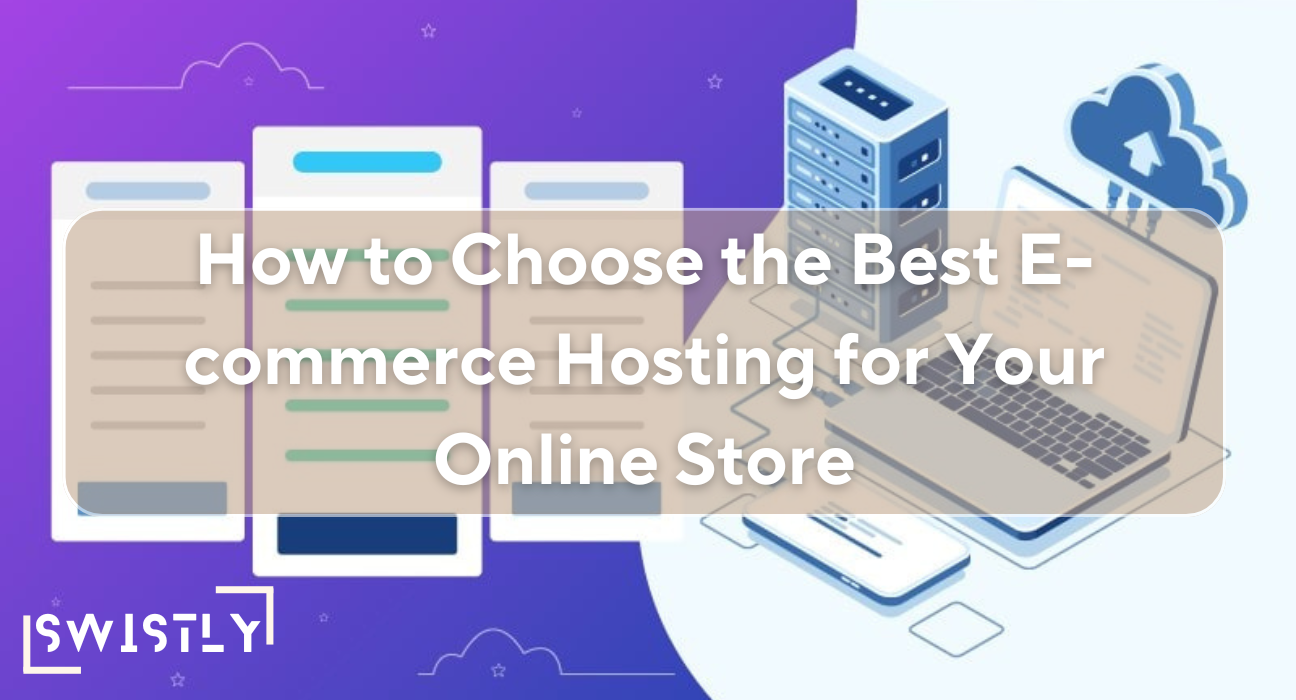Choosing the right e-commerce hosting is crucial for the success of your online store. With so many hosting providers available, it’s important to select one that offers speed, security, and scalability. This guide will help you understand the key factors to consider when choosing the best e-commerce hosting for your business.
1. Why E-commerce Hosting Matters
The performance of your online store heavily relies on the hosting service you choose. E-commerce hosting ensures that your website runs smoothly, handles large traffic, and provides a seamless shopping experience. If you select a hosting provider that is unreliable or slow, it can result in lost sales and a negative customer experience.
Read More : bl_faceless
2. Types of E-commerce Hosting
Before diving into specific features, it’s important to understand the types of hosting available:
- Shared Hosting: Ideal for small businesses or startups with limited traffic. It’s affordable but can slow down if the server gets crowded.
- VPS Hosting: Provides a virtual private server, giving more resources and flexibility than shared hosting. It’s suitable for medium-sized businesses.
- Dedicated Hosting: Best for large businesses with high traffic. You get a dedicated server, which offers maximum speed, security, and control.
- Cloud Hosting: A scalable solution that allows you to pay for the resources you use. It’s perfect for businesses that expect growth or fluctuating traffic.
3. Key Features to Look for in E-commerce Hosting
To choose the best e-commerce hosting for your online store, ensure the provider offers the following key features:
1. Speed and Performance
Fast loading times are essential for reducing bounce rates and improving the customer experience. A good hosting provider should offer Content Delivery Networks (CDNs), SSD storage, and fast server response times. These features help ensure your site runs smoothly, especially during high traffic.
2. Security and SSL Certificates
Security is a top priority for any online store. Look for e-commerce hosting that includes SSL certificates, daily backups, malware protection, and firewall options. This will safeguard customer information and protect your site from cyber threats.
Read About : ztec100.com
3. Scalability
Your hosting provider should be able to grow with your business. Choose a service that offers scalable resources so you can easily upgrade as your store expands. Cloud hosting is a great option for scalability because it allows you to add more resources without downtime.
4. Uptime Guarantee
Downtime can hurt your sales and reputation. Ensure the hosting provider offers a high uptime guarantee—preferably 99.9% or higher. This ensures that your website will be available to customers most of the time.
5. Customer Support
E-commerce websites need to be up and running 24/7. Opt for a hosting provider with reliable customer support that’s available at all hours. Look for providers that offer multiple support channels like live chat, email, and phone support.
4. Popular E-commerce Hosting Providers
There are many hosting options to choose from, but here are some of the most popular and reliable providers:
- SiteGround: Known for excellent customer support, speed, and security. It’s great for beginners and experienced users alike.
- Bluehost: Offers affordable plans and great performance for smaller online stores.
- HostGator: A scalable option with cloud hosting and a strong uptime record.
5. How to Compare Hosting Plans for Your Needs
When choosing the best e-commerce hosting for your store, compare plans based on the following criteria:
- Cost vs. Features: Ensure you get the features you need without overpaying for unnecessary extras.
- Ease of Use: Look for user-friendly control panels like cPanel or custom dashboards.
- Backup Options: Make sure the provider offers automatic daily backups to protect your data.
Frequently Asked Questions
What type of hosting is best for a small online store?
Shared hosting is usually sufficient for small online stores with limited traffic. It’s affordable and easy to use but may not handle heavy traffic.
How important is security in e-commerce hosting?
Security is critical. Your hosting provider should offer SSL certificates, regular backups, and malware protection to keep your customers’ information safe.
What is the difference between VPS and dedicated hosting?
VPS hosting provides a virtual server that shares physical resources, while dedicated hosting gives you a full server for maximum performance and control.
Conclusion
Selecting the best e-commerce hosting for your online store is a decision that can impact your business’s success. Look for a provider that offers fast loading times, strong security, scalability, and reliable support. By considering these factors, you can ensure your e-commerce site provides an excellent shopping experience and grows with your business.

